Science Update: Biomarker for Niemann-Pick type C may be useful for diagnosing other class of rare disorders, NIH study suggests
A biomarker used to detect a rare neurodegenerative disorder of cholesterol metabolism, Niemann-Pick disease type C1 (NPC1), may also be useful for diagnosing another class of rare diseases known as congenital disorders of glycosylation (CDG), suggests a study by researchers at the National Institutes of Health.
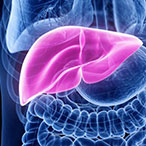
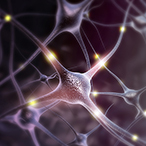

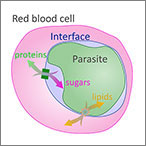
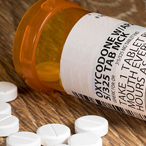






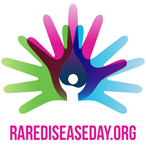
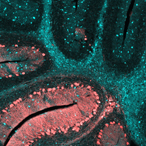
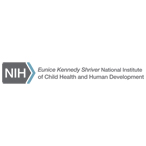
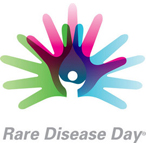

 BACK TO TOP
BACK TO TOP